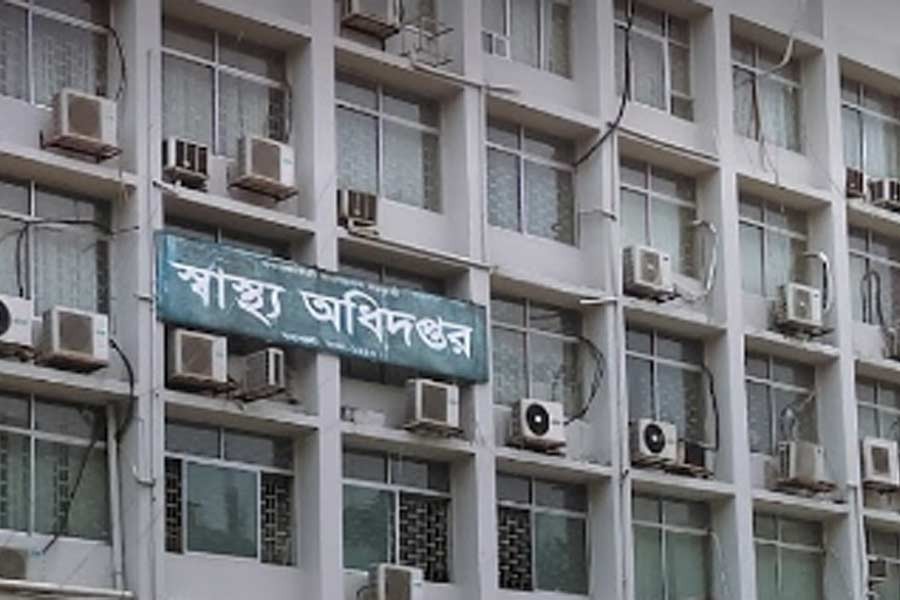The country's health services came under massive public scrutiny last year when the deadly SARS-CoV-2 pathogen started taking a heavy toll on life and livelihood at an unprecedented pace. Certain weaknesses in handling the major health emergency were spotted. Both policymakers and health experts were also unanimous in their resolve to attend to those with due urgency. There was also unanimity on one particular issue -that the annual allocation for the health sector is highly inadequate and that it needs to be increased as much as possible.
The government acted accordingly and allocated a higher amount in the annual development programme (ADP) for the current financial year (FY 2020-21). Unfortunately, the performance level of the Ministry of Health and Family Welfare concerning the execution of the development allocation during the first ten months had been dismal.
According to a report published in this paper on Saturday last, the health ministry was the worst performer among the ministries and divisions that have received large allocations in the ADP. It could spend only 21 per cent of its allocation in the ADP during the July-February period of the current FY. The ministry has got the highest ever allocation (Tk. 97.36 billion) for this fiscal to help it build necessary facilities for meeting health emergencies like the ongoing one. This ministry, traditionally, has been a poor performer in matters of development budget execution. No amount of criticism could raise its performance level.
The failure, particularly during the crisis period, is inexcusable. For instance, the health ministry has received a sizeable amount of money to build facilities that are necessary to cope with a health emergency like the current one. But it has been slow in building such facilities. The availability of high-flow oxygen from the centrally built plants in hospitals is essential to help the Covid-patients. Most government hospitals at district headquarters do not have such facility. The Directorate General of Health Services (DGHS) has got the job of building such plants urgently. But a good number of district hospitals are yet to have their oxygen plants.
Most Covid-dedicated hospitals are now almost full of patients and the situation has reached a breaking point. The inability to make available the minimum services to patients does only highlight the apathy and incompetence of the people responsible for managing the whole affair. Multilateral lenders, understandably, have made available a sizeable fund to the government to help beef up its capacity to face any major health emergency. It seems the problem lies with the management of the health system, not the poor health budget.
The state agencies working in the health sector are encountering a plethora of problems, including mismanagement, lack of transparency and accountability and corruption. During the peak Covid time, several scams surfaced over procurement of masks and medical equipment. So, the overall situation calls for drastic action in a sector that is unlike many. The physical well-being of millions of people depends on its performance. Hopefully, the policymakers would understand the problems and start actions to address those expeditiously.


